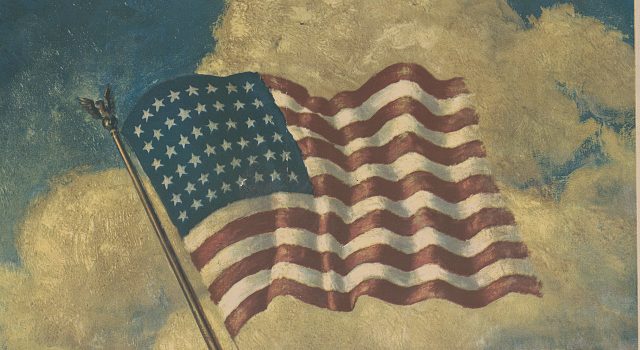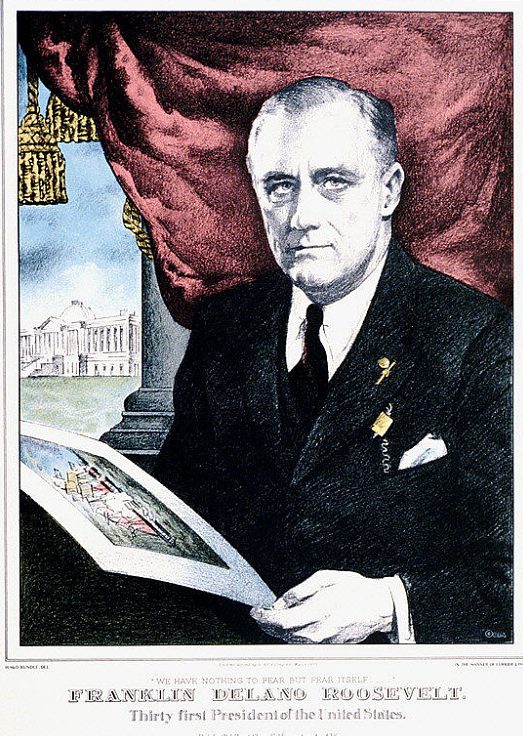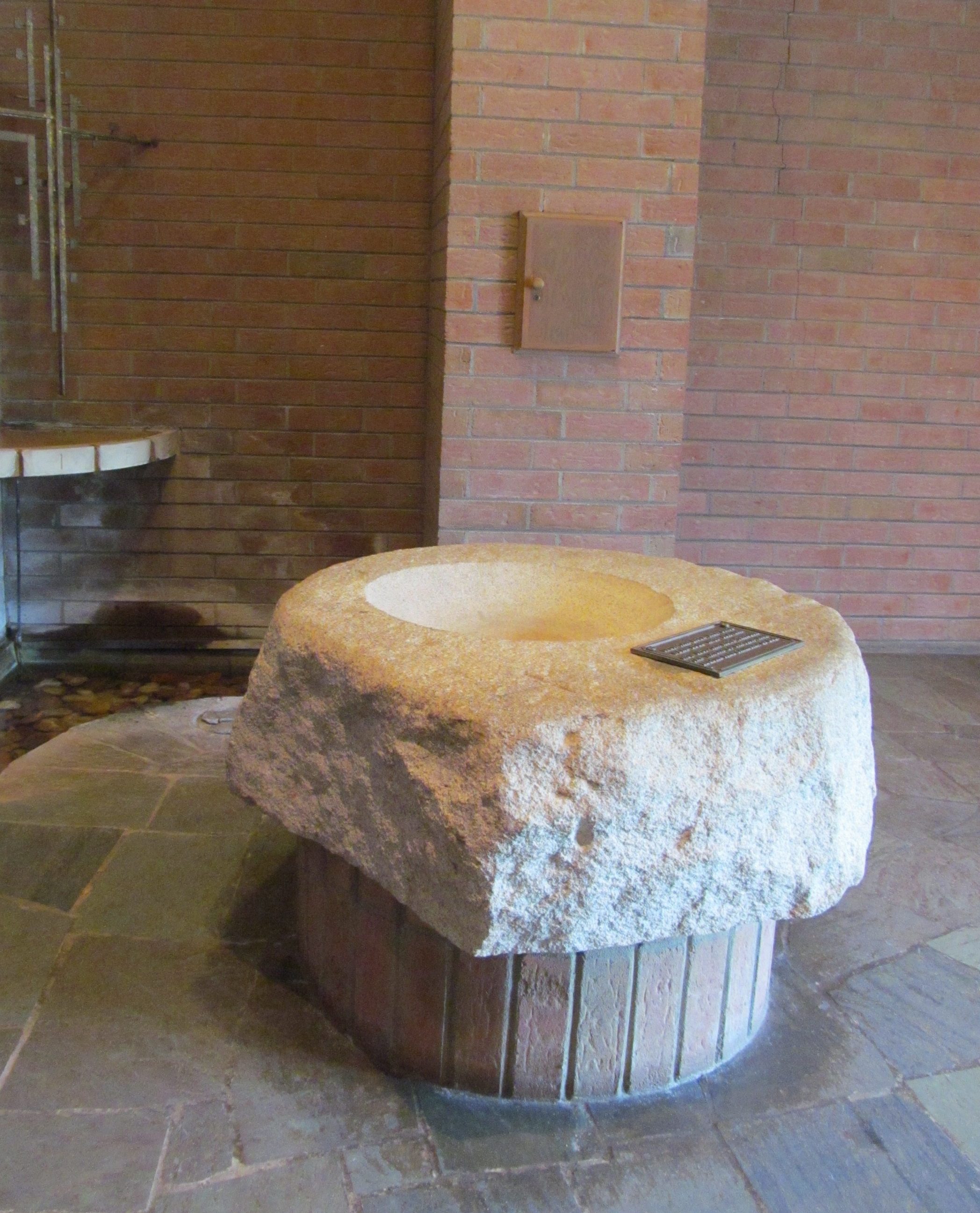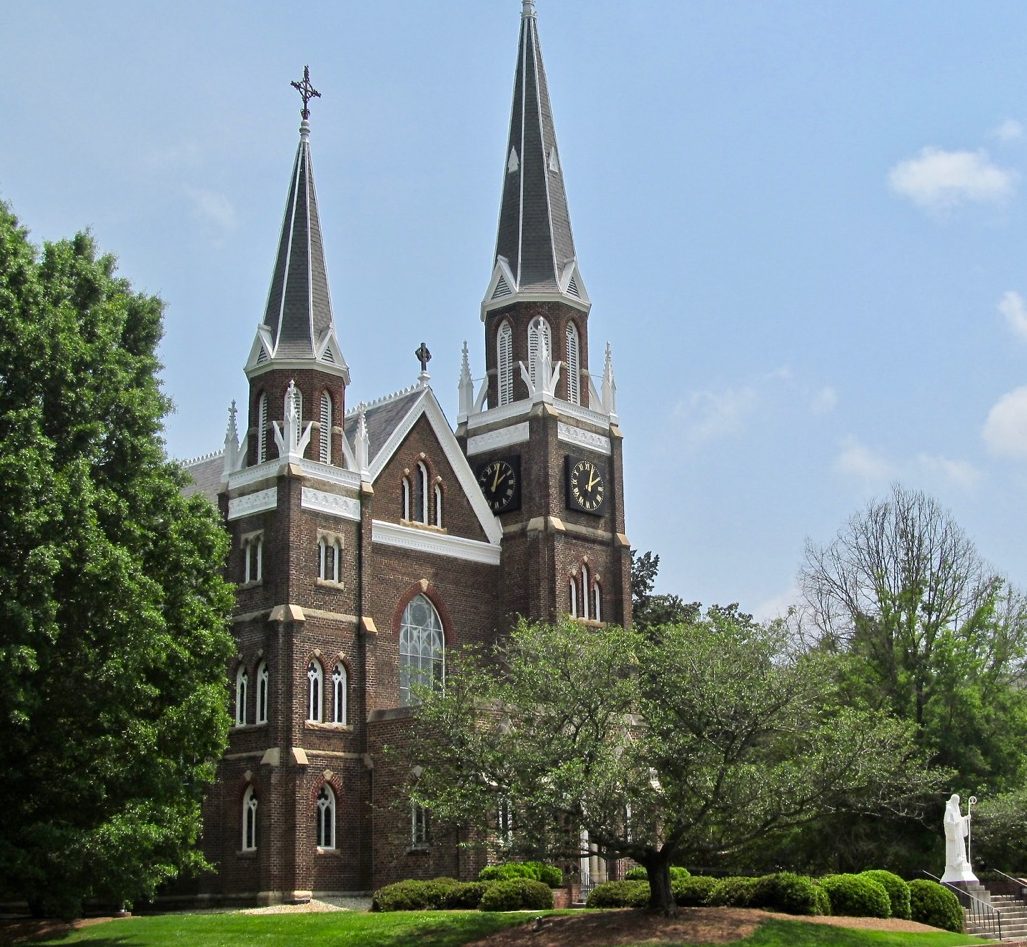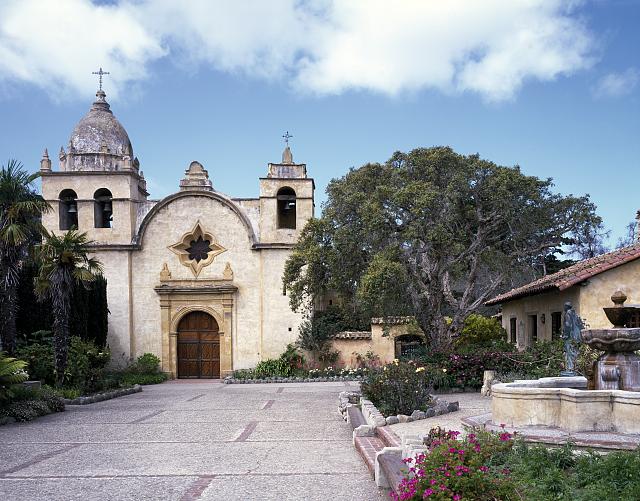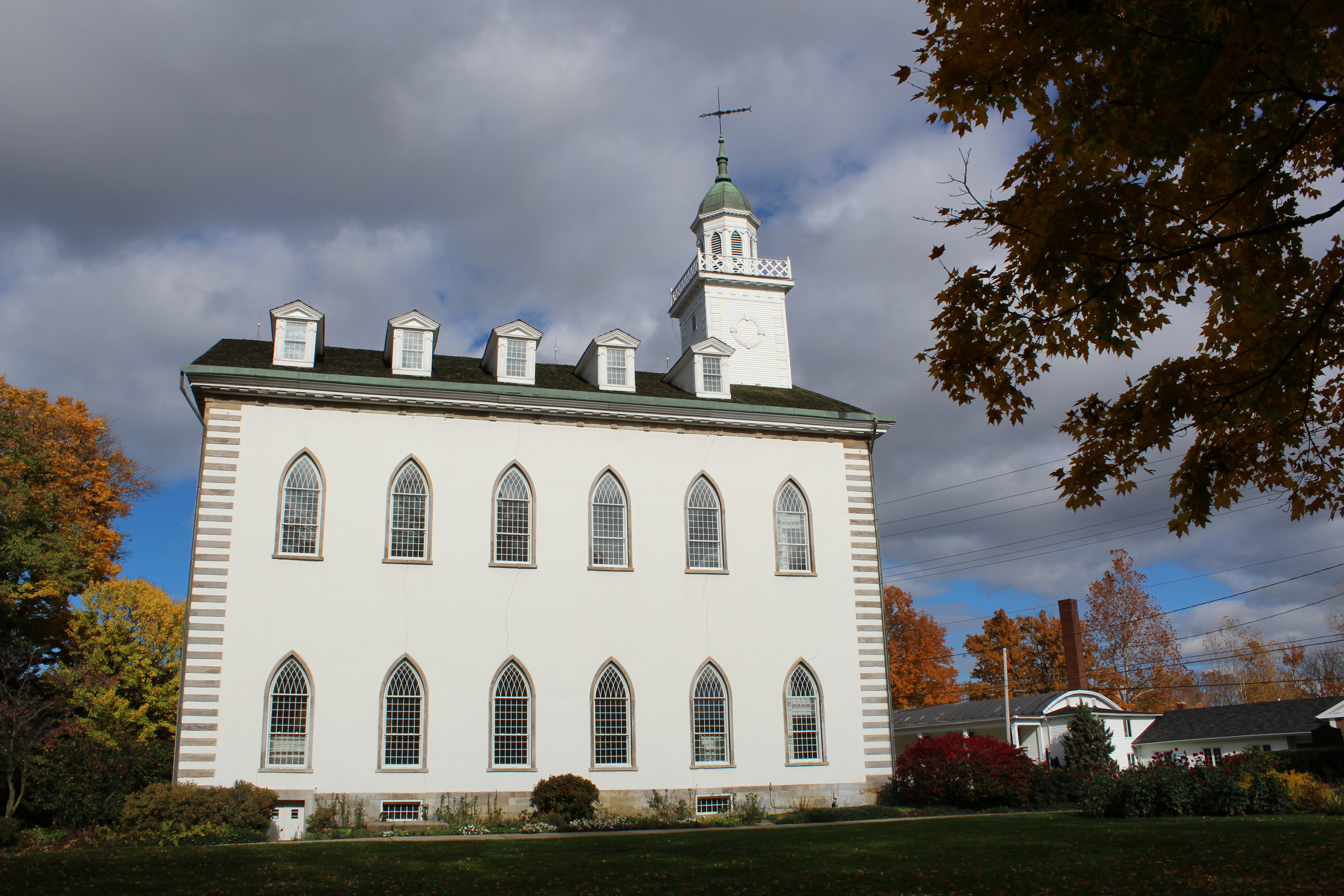The First Chinese Missionary To America
August 2018
Wong Chin Foo (1847-1898) was born to a wealthy family in the Shangdong Province of China, and came of age during that nation’s struggle to maintain its own traditions and identity while also engaging in both economic and cultural exchanges with the West. Through his family’s economic and political connections, Foo would have been exposed to Western culture and religion in a variety of forms, although his parents do not appear to have become converts to any variety of Christianity.
As members of the social- and economic-elite whose livelihood centered upon the Qing court, Foo’s family were victims of the Taiping Rebellion in the late 1850s. The rebellion was led by the prophet and mystic Hong Xiuquan, who based his political claims on a series of visions in which he claimed to have received the revelation that he was the younger son of Jesus Christ who had been sent to China to bring reform. Hong’s later visions were a blend of traditional Chinese beliefs and biblical references to the wrath and judgment of God. He used his position as a spiritual leader to motivate China’s largely dispossessed ethnic minorities to rebel against the Qing dynasty.

View of Canton c. 1800 China, Peabody Essex Museum, E79708 E79708.
Displaced from their home, at some point during this period, the family met and befriended the Baptist missionaries Landrum and Sally Holmes. The Holmeses offered to take Wong Chin into their household, and he spent the next several years with them, receiving a Western-style education. At the age of 20, Foo converted to Christianity and was baptized in China shortly before accompanying the now-widowed Sally Holmes back to America. There, he studied briefly at institutions in Washington, D. C. and Pennsylvania, perhaps with the intention of eventually returning to China as a missionary for his new-found faith.
1870: Return to China
Upon his return to China, Foo was appointed as a lower-level administrator in the Chinese government (due in large part to his excellent English). During this time, he became disillusioned by the corruption and hypocrisy he observed in both the state and in the local Baptist congregation of which he was a member. Foo began attending meetings of radical dissenters and was eventually excommunicated. Within a year, he was forced to flee China under suspicion of revolutionary activity. He returned to America and became a United States citizen in 1874, during a period of rising animus towards Chinese immigrants in general. Shortly thereafter, he officially renounced Christianity and proclaimed himself to be the first missionary of traditional Chinese religions (Confucianism and Buddhism) in America.
Although Foo never overtly identified himself with the religious syncretism associated with the Taiping rebellion, there are resonances between his eventual rejection and critique of Christianity in all its American forms, and the radical calls for reform he would have heard demanded by Hong Xiuquan during his childhood. Unlike Hong, however, Foo never called for the overthrow of the government; his critiques were rooted in a sincere desire to see American Christians realize their hypocrisy to not only their religious faith but also their political ideals. A talented writer and speaker, Foo devoted his life in the United States to the dual purpose of educating Americans about Chinese culture (in order to counteract the destructive and malicious stereotypes that led to the passage of the Chinese Exclusion Act in 1882) and of helping Chinese-Americans to find security and respect in their new homeland. His 1887 essay, “Why Am I a Heathen?” (published in the North American Review, a very prominent literary journal) is a scathing but somehow still good-humored critique of American Christianity for its failure to truly exhibit the virtues of charity and good works, particularly towards recent immigrants and the urban poor.
